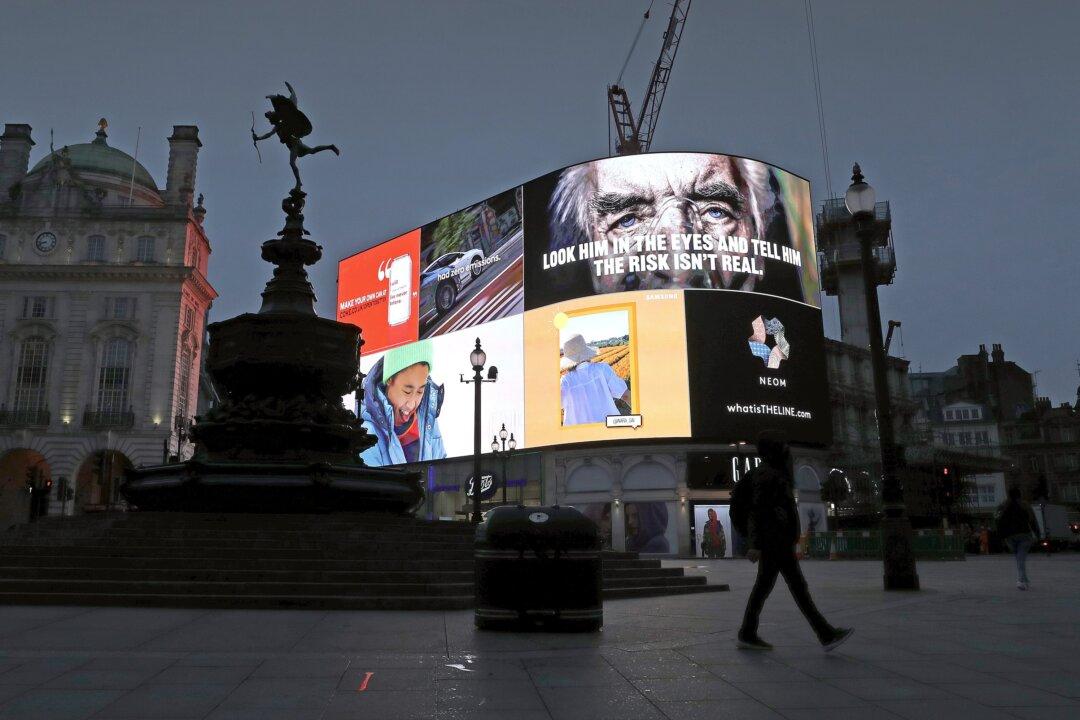Government guidance on self-isolation and social distancing during the 2020 and 2021 national lockdowns and in periods of minimised restrictions caused “profound loneliness, pain, and anguish” for British families, a government lawyer has told the COVID-19 inquiry.
Fiona Scolding, KC, representing the Department of Health and Social Care (DHSC), made the statement before the inquiry on Wednesday as it entered the second day of hearings (pdf).





